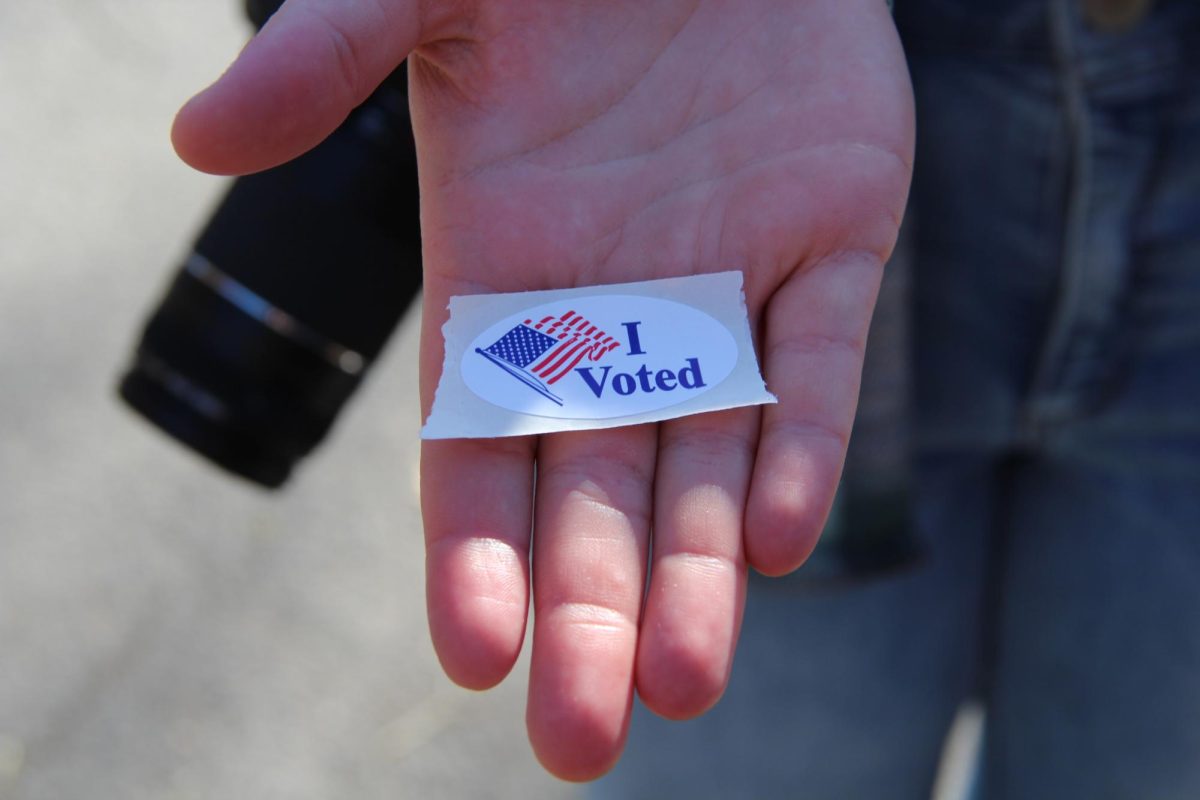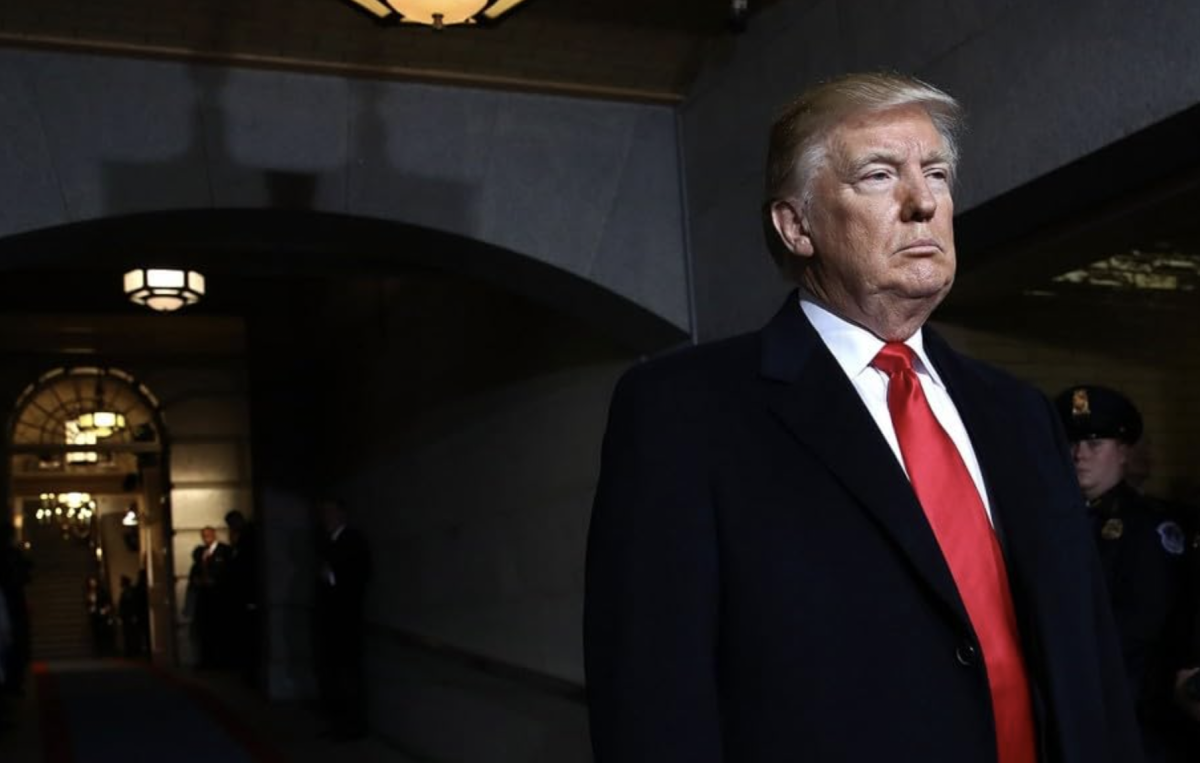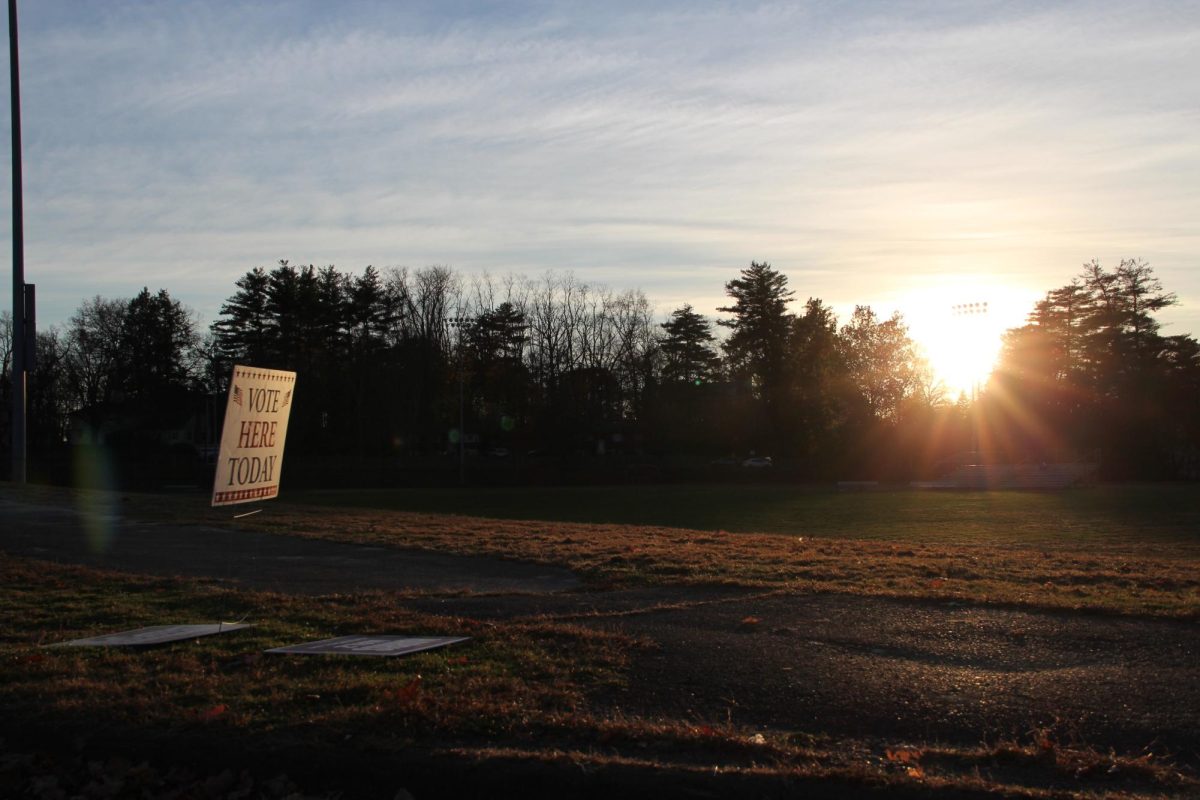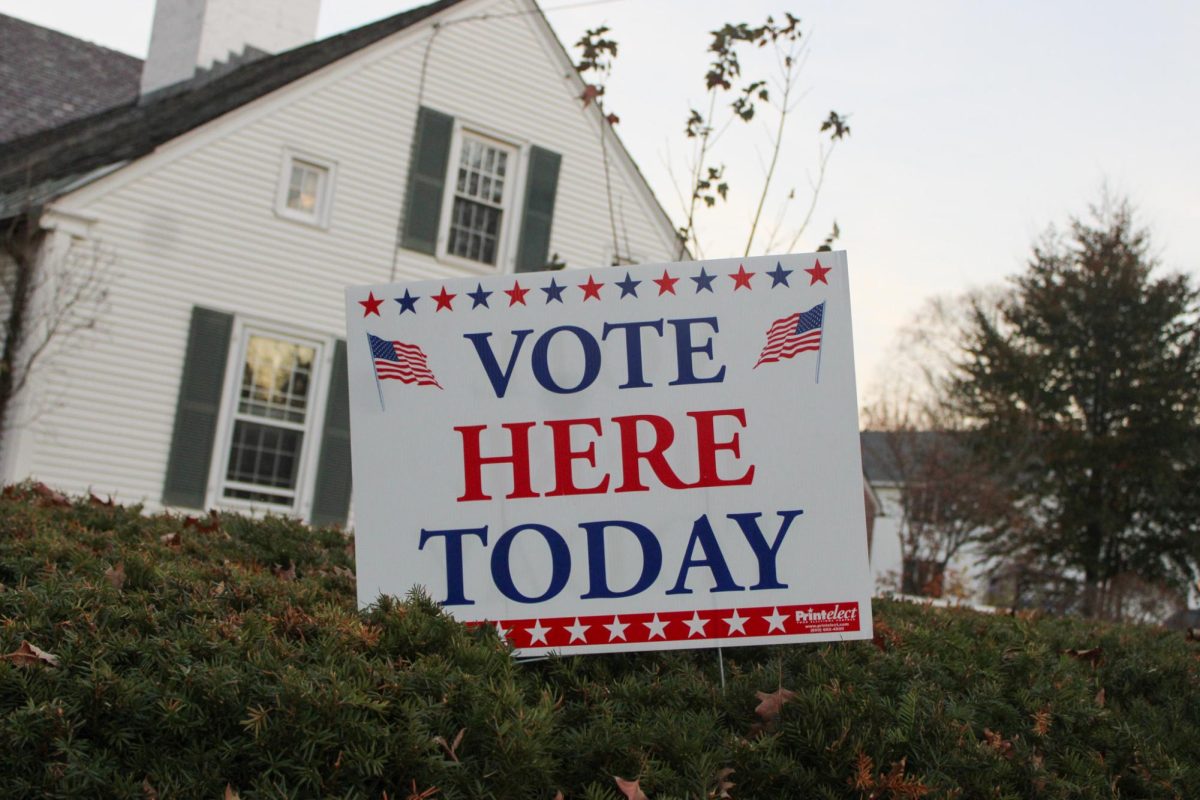As the nation goes to the polls on Nov. 5, voters around the country are waiting to see when the election will be called. Historically, most presidential elections have been called in the wee hours of the Wednesday morning after. The 2020 presidential election, which took place on Nov. 3rd, was a departure from this trend, as an official call eluded us until days after on Nov. 7.
A large part of this delay was due to the difficulty in processing a historic high of early voting and mail-in ballots. The COVID-19 pandemic led to an upsurge in mail-in balloting, with nearly 46 percent of voters reporting this method of voting. Unfamiliarity with processing such levels of early voting led to a delayed call.
Though these processes have been improved and refined in the past four years, the 2024 election is shaping up to be a similar affair: 80 million people have already cast early votes, and predictions for an expected call time range from the day after to weeks after.
Since comfortably red and blue states are predictable to call, swing states present the most difficulty and delay.
Here’s a breakdown of expected dates by which a call may be imminent.
Pennsylvania – Regulations prevent mail-in ballot processing until Election Day in PA, leading to delays in official counts. Improvements have been made though, as counting is now required to continue through the night on Election Day, unlike 2020. Experts predict results to take days, though a clearer picture may begin to emerge based on the partisan skew of both Election Day in-person votes and early votes. PA is expected to be one of the later states called.
Wisconsin – Polls in WI close at 9 p.m. on Election Day, but according to experts, results may be called anytime from 1 a.m. until the middle of the day on Wednesday. According to officials, due to the absentee re-run process in Milwaukee, the counting process will be delayed by an hour. Biden won Wisconsin in 2020 by a 0.6 percent margin, which was called early Wednesday afternoon after former President Donald Trump requested a recount. When the results are called, a candidate can ask for a recount if the results are within one percent.
Michigan – MI has overhauled its voting process and is likely to deliver results far quicker than in the past; expanded early voting opportunities and provisions for ballot processing before Election Day are expected to speed up the counting process. In 2020, the Associated Press called the election at 6 p.m. the next day, so a call may emerge sooner this time. Experts, though, are hesitant to give a definite time frame due to the decentralized and independent nature of MI elections. Detroit and Warren, two of the largest cities in the state, are expected to be slow with vote tallies.
Arizona – Counting in AZ typically takes a few days, as poll workers must wait until the day after to process ballots that arrive on Election Day. Around 80 percent of voters in AZ vote by mail, and in Maricopa, the state’s largest county, the ballot is two pages long, meaning there is more paperwork to process which may delay the count even longer. According to officials, results could take 10-13 days. In 2020, the race was called late at night on Election Day but not all votes had been counted until nine days after the election. There may be a similar situation this year, but due to the partisan skew of the counties and vote types remaining a call may be imminent even though a large amount of votes remain to be officially tallied.
Georgia – GA is expected to be a relatively rapid call, due to efficient processing infrastructure and a lower share of mail-in voting. However, the highly contested nature of the race in GA may lead to a recount being requested as was the case last time, which led to a two week delay in an official call. A recount may be requested if the margin is between 0.5 percent.
Nevada – NV is one of eight states that conducts all mail-in elections, where every citizen is delivered a mail-in ballot, although polling places are still open. About half of NV voters cast their votes by mail, which leads to longer counting time. Postmarked ballots are allowed to arrive up to four days after the election, and voters can address their ballot mistakes until Nov.12. According to Sondra Crossgove, who runs the nonprofit Vote Nevada, the election should be called close to Nov. 9.
North Carolina – NC, the state that may well decide this election, has implemented a host of new rules to increase the speed of vote counts. For example, early ballots, which last arrived days after Election Day, are now due Election Day. Hurricane Helene has affected the state though, which may lead to unforeseen delays. A result is expected the day after the election at the latest.
Non-swing states are much easier to call. Most states are already majority red or blue, making the votes much easier and faster to count. The results of the election will be determined in the battleground states.
Manas Pandit can be reached at [email protected]. Daniella Pikman can be reached at [email protected]




















